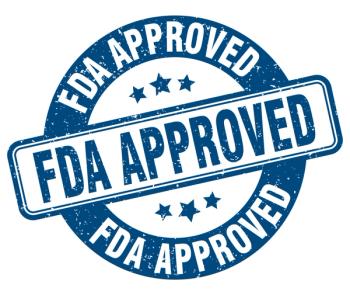
Vitamins and anticoagulants: How safe when used together?
How do dietary supplements affect patients who are on blood-thinning medications and antithrombotic therapies? The National Institutes of Health held a two-day conference on this subject in Bethesda, Md., recently.
How do dietary supplements affect patients who are on blood-thinning medications and antithrombotic therapies? The National Institutes of Health held a two-day conference on this subject in Bethesda, Md., recently.
Ahmed Hasan, M.D., program administrator of the Thrombosis and Hemostasis Scientific Research Group of the National Heart, Lung and Blood Institute, one of several organizations that collaborated with NIH, said that according to the Natural Medicines Comprehensive Database, about 180 dietary supplements have the potential to interact with warfarin. More than 120 may interact with aspirin, clopidogrel (Plavix, Sanofi-Aventis), or dipyridamole.
Hasan provided the following list of supplements, which have effects that may be cause for concern:
When a physician prescribes warfarin as a blood thinner or antiplatelet agent, he needs to know what supplements the patient is taking to ascertain whether the combination of these medications will have any effect on the patient's hemostatic system, Hasan said. "If the dietary supplements influence platelet functions or any protein functions, the physician has to make some adjustments or the patient may have to stop taking them," he asserted.
Hasan said patients who take warfarin to prevent a stroke or deep vein thrombosis are also at risk if they take vitamin K or multivitamins containing vitamin K. Taking vitamin K can negate the effect of the warfarin, he said. "Your blood can become thinner. Meanwhile, your doctor expects that you are being protected from thrombotic complications because you are on warfarin," he cautioned.
St. John's wort reportedly affects hemostatic and platelet functions, according to Hasan. "If you take St. John's, it doesn't necessarily mean that you will have prothrombosis or a clot. If you are taking warfarin and St. John's wort, your blood could get too thin and then you run the risk of bleeding because St. John's wort changes the time the warfarin runs through your system," he explained.
Garlic and ginger, which are also antiplatelet agents, may also be dangerous if they are consumed with aspirin.
"Anticoagulant antithrombotic treatments are widely used today because the majority of the population is dying of heart attack, stroke, and deep vein thrombosis," Hasan said. "Patients have been placed on drugs for treatment and prevention purposes. But they have to watch what over-the-counter supplements they are taking because they may not be getting the protection expected by them and their physicians. Patients should share this information with their physicians, who should actively ask patients whether they are taking supplements so they can make some decisions and adjustments."
The conference organizers identified six areas for action to develop an improved understanding of how dietary supplements may be used safely and effectively with antithrombotic therapies. These areas include:
Newsletter
Pharmacy practice is always changing. Stay ahead of the curve with the Drug Topics newsletter and get the latest drug information, industry trends, and patient care tips.























